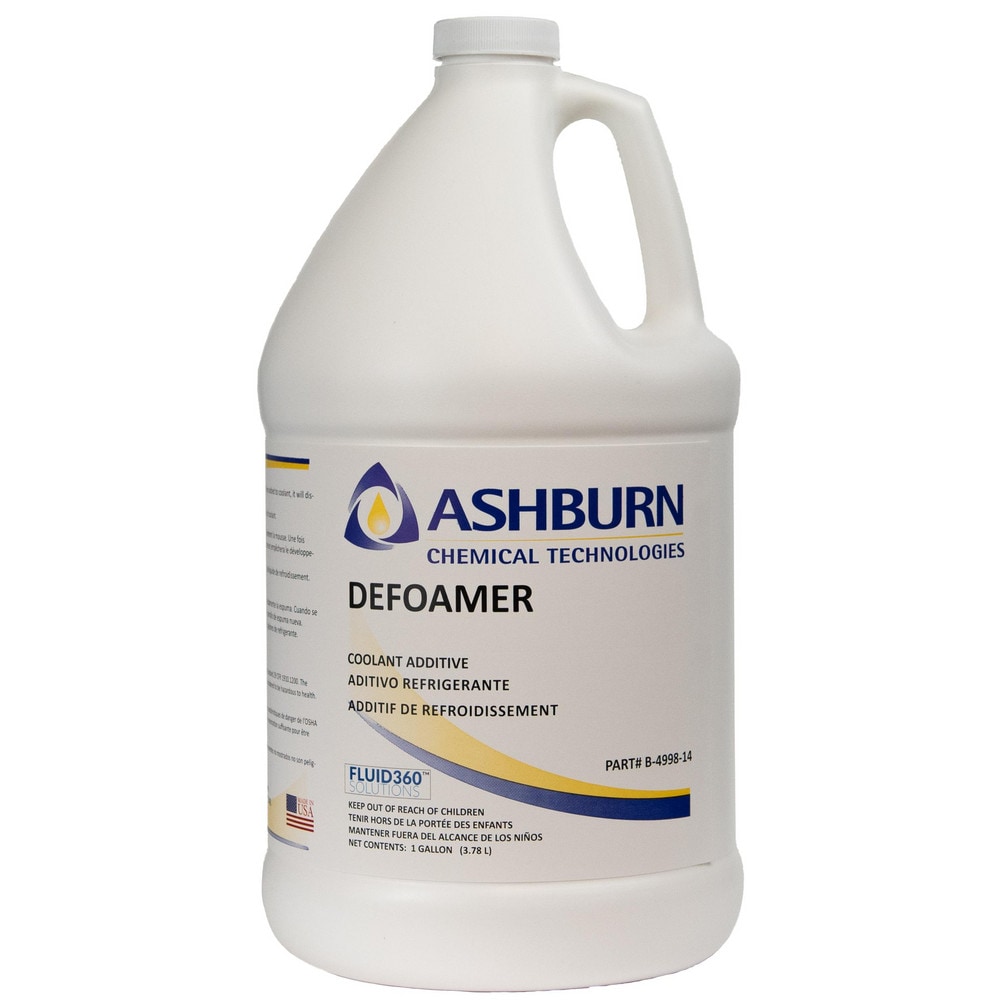Discover the Top Reasons You Need a Chemical Defoamer for Effective Foam Control
Chemical defoamers serve as important agents that reduce foam formation, consequently enhancing procedures in markets such as food production, drugs, and wastewater treatment. As we discover the complex benefits of chemical defoamers, it becomes obvious that their duty prolongs beyond plain foam decrease, influencing total productivity in methods that may not be right away noticeable.
Improved Functional Efficiency
The existence of foam can impede production by obstructing devices, lowering capability, and making complex procedure control. By minimizing surface stress, they promote the quick collapse of foam, permitting for smoother operation and reducing downtime.
In industries such as food and beverage, drugs, and wastewater treatment, the application of defoamers boosts process stability and product high quality. In fermentation processes, managing foam generation is vital for optimizing return and effectiveness. Additionally, the use of defoamers can cause much more efficient mixing and oygenation, leading to enhanced reaction times and overall efficiency.
Furthermore, when foam is effectively regulated, it decreases the risk of overflow and contamination, making sure compliance with security and top quality requirements. Inevitably, the integration of chemical defoamers into commercial processes cultivates a more reliable process, optimizing outcome while keeping top quality requirements.
Expense Cost Savings and Source Administration

In lots of applications, extreme foam can trigger overuse of chemicals, leading to unnecessary expenses. By managing foam levels, services can optimize their chemical input, thus lowering operational costs.
Furthermore, minimized foam in handling systems can boost the overall throughput, allowing centers to increase production capability without incurring added prices - Chemical Defoamer. This efficient resource monitoring converts into substantial economic benefits, allowing companies to designate funds toward innovation or development. In recap, the integration of chemical defoamers right into commercial procedures cultivates a much more cost-effective and resource-efficient environment, eventually sustaining organizational development and sustainability
Improved Product Top Quality

The use of chemical defoamers plays an important role in enhancing product top quality throughout different markets. Too much foam can lead to irregular product formulas, influencing the last characteristics of items such as paints, coatings, food, and pharmaceuticals. By minimizing foam development, chemical defoamers assist in smoother production procedures, making certain that formulations continue to be consistent and meet specific quality criteria.
In the food and beverage sector, for instance, the visibility of foam can affect the quality and taste of products, ultimately influencing customer complete satisfaction. Chemical defoamers aid maintain the preferred appearance and appearance, consequently enhancing the general top quality of the final product. In the production of paints and coatings, foam can lead to issues such as pinholes and poor adhesion, weakening the item's efficiency.
In addition, the use of defoamers can enhance the effectiveness of procedures like fermentation and emulsification, which are crucial for accomplishing preferred item features. By streamlining production and guaranteeing regular top quality, chemical defoamers not just boost the end item yet also add to a positive brand name online this article reputation. Hence, purchasing reliable foam control solutions is essential for any company aiming to deliver premium products regularly.
Devices Security and Longevity
Reducing foam production is important for safeguarding equipment and ensuring its long life in various industrial applications. Extreme foam can bring about a series of functional problems, including tools damages, boosted upkeep expenses, and unplanned downtime. When foam accumulates, it can create overflow, bring about spills that endanger the stability of machinery and surrounding locations.
Additionally, foam can obstruct sensors and pumps, which can impede performance and efficiency. In extreme situations, it can lead to the breakdown of parts, demanding expensive repair work or substitutes. By making use of a chemical defoamer, business can efficiently go to website alleviate foam formation, hence securing their devices from the detrimental results of foam-related problems.
In enhancement to avoiding damages, reliable foam control can considerably improve the functional life-span of machinery. Investing in a top quality chemical defoamer is a proactive technique for protecting equipment and promoting long life in commercial settings.
Flexibility Throughout Industries
Chemical defoamers play a pop over to these guys crucial role in different markets, properly addressing foam-related challenges across diverse applications. Their flexibility appears in fields such as food and beverage, pharmaceuticals, and wastewater treatment, where foam can decrease and hamper processes effectiveness. In the food market, defoamers make sure smooth manufacturing by protecting against foam development throughout blending, fermentation, and bottling, therefore keeping product quality and consistency.

Moreover, in wastewater therapy facilities, chemical defoamers are used to control foam during the aeration process, promoting optimal microbial task and improving the general therapy efficiency. Their capacity to work properly in high-temperature and high-shear atmospheres further highlights their versatility.
Final Thought
In conclusion, the use of chemical defoamers is vital for reliable foam control throughout various industries. The flexibility of defoamers allows for prevalent application in food manufacturing, pharmaceuticals, and wastewater therapy, ultimately adding to lasting development and the maintenance of high operational requirements (Chemical Defoamer).
Chemical defoamers offer as vital representatives that reduce foam formation, therefore enhancing procedures in fields such as food production, drugs, and wastewater therapy. As we explore the complex advantages of chemical defoamers, it comes to be apparent that their role prolongs past simple foam reduction, influencing total productivity in means that may not be immediately apparent.
By mitigating foam development, chemical defoamers assist in smoother manufacturing processes, guaranteeing that formulations continue to be uniform and satisfy specific quality criteria.
By making use of a chemical defoamer, firms can efficiently minimize foam formation, therefore safeguarding their equipment from the damaging results of foam-related problems.
In conclusion, the application of chemical defoamers is critical for effective foam control throughout various markets.
Comments on “Common Uses of Chemical Defoamer Across Various Industries”